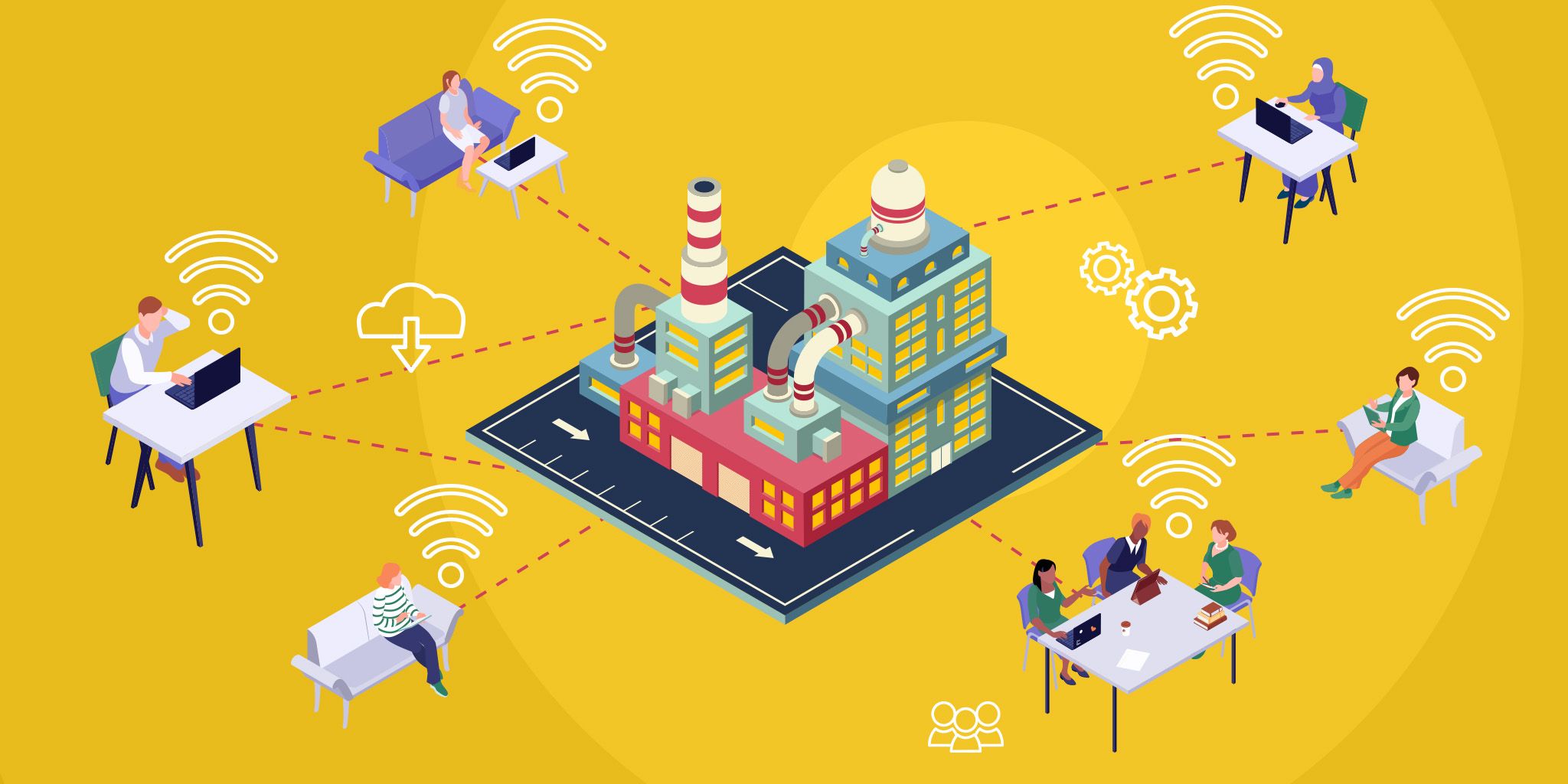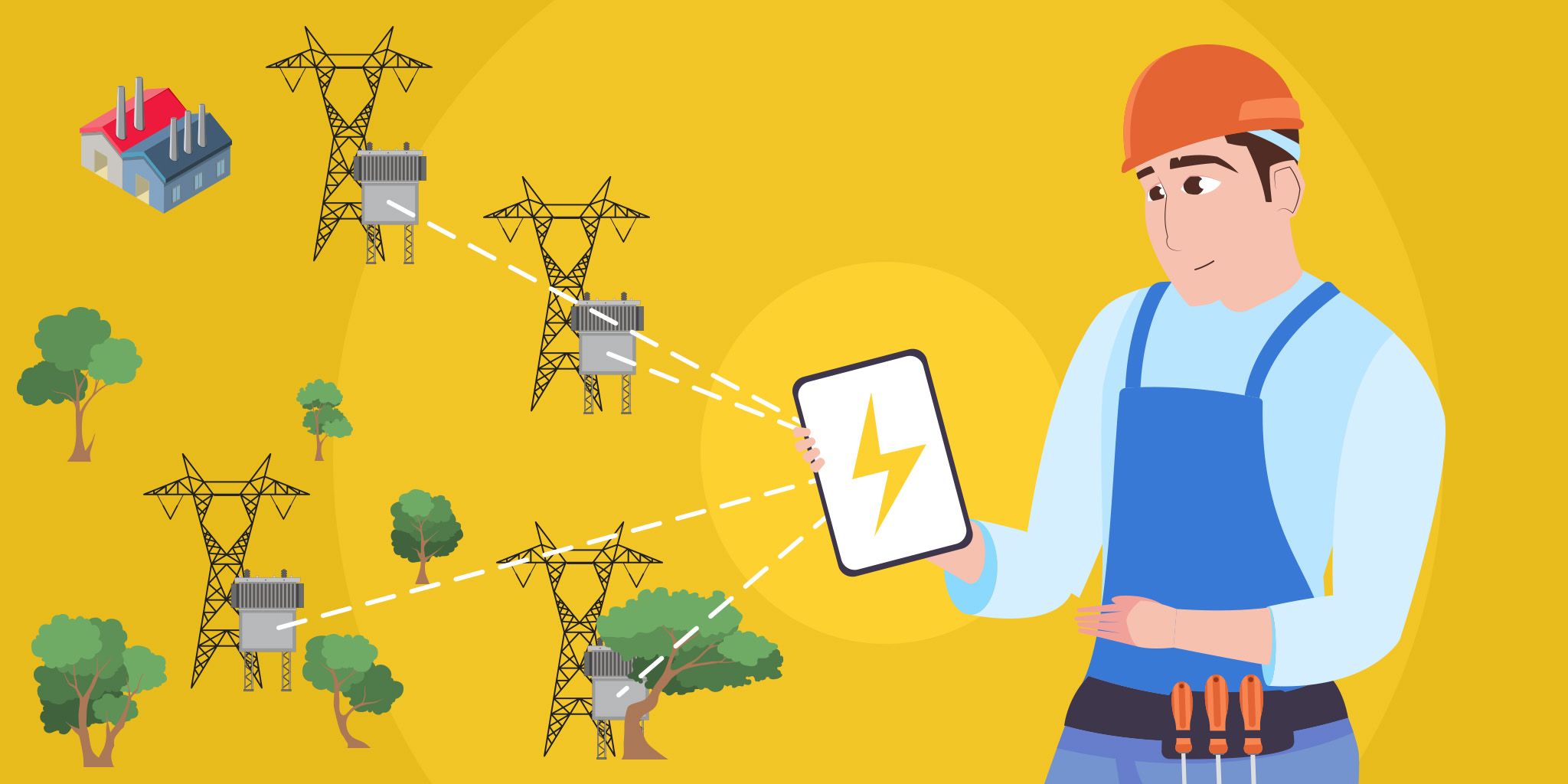How to Evaluate Consultant Service Partners for Enterprise IoT
How to Evaluate Consultant Service Partners for Enterprise IoT
- Last Updated: December 2, 2024
Very
- Last Updated: December 2, 2024



The time has come: You're ready to deploy IoT technology. You know what you want to do, but you need help to execute your vision. You need help figuring out how to make your vision come to life. You're not sure what roadblocks you may encounter. You want to make sure that your deployment is as successful as possible. You’re looking for an enterprise IoT consultant to be your service partner.
This article covers how to find the right service partner to help you successfully deploy your IoT technology.
'You're ready to deploy IoT technology. You know what you want to do, but you need help to execute your vision. You’re looking for an enterprise IoT consultant to be your service partner.' Very LLC
Do You Know What You Need?
Let’s start with the easy questions – the ones you ask yourself. Before you’re ready to work with a service partner, you need to understand your own project. (Yes, we realize that sounds a bit like a self-help book, but it's true.)
Ask Yourself:
- Does the proposed project solve a business problem? (If the answer is “no,” you may want to step back and engage with a partner on a more strategic level, then later engage for implementation. )
- Does your organization have a strategic roadmap for deploying IoT?
- What’s the budget?
- What will success look like? What are the key performance indicators?
- Is the project industrial or commercial? Who is the end user?
- What’s the timeframe?
- Is there a hardware design in place?
- What’s your internal expertise around IoT? What will you require from a vendor?
- Do you have hardware design expertise, or will you need a full-service (hardware and software) engagement?
- Will you need some intelligent automation? Is machine learning part of the project? (Tip: Unless your system is simply shuffling data around, the answer to at least one of these questions is “yes.”)
- Do you have an interdisciplinary team that can focus on IoT? Even if you outsource the heavy lifting, you need to own the project.
Here’s one final question to ask yourself: Is leadership on board with IoT? It’s a little late in the game to be asking this question, but better to ask it now than after you’ve inked a contract. Before deploying IoT technology, it is vital that your board and C-suite give it their blessing – and see the value.
“Making sure stakeholders from all affected areas are involved in the buying decisions and implementation is critical to ensuring that the project is successful. It may work 100 percent correctly once deployed, but if the information isn't useful to the people who paid for it or are expected to use it, then the project will likely fail,” James Falkner, technology evangelist and technical marketing manager at Red Hat, told TechTarget.
Of course, that takes us back to the first question about solving a business problem.
After you answer these questions, then it’s time to start looking for a partner. Many vendors call themselves IoT companies, IoT providers, IoT consultants, IoT experts, etc. To find the best IoT consultant service partner – the ideal one for you – you’ll need to ask a lot of questions.
Let’s start with the basics.
Start With Pre-Qualification Questions
Before you spend time deep diving with potential service partners for your enterprise IoT deployment, make sure they belong on your shortlist. You want a partner that knows how to implement IoT and has a history of success.
Start with these questions:
- What’s your experience working with companies like ours?
- Who are your satisfied customers? (Be sure to assess if the use cases match what you have in mind.)
- What’s your timeframe for completing our project?
- Do you have a track record for staying on time and on budget? (You may want to confirm this with one of their customers.)
- Who owns the data generated by the connected products? (Tip: If the answer isn't “you do,” walk out.)
Now Ask Some Deeper Questions
That should narrow your list. From there, you can begin to dig more deeply.
Ask: Do You Follow a DevOps-first Agile Process?
DevOps, with its focus on cross-departmental collaboration, integration, and automation, is essential to IoT development.
In an IoT World Today article discussing the advantages of DevOps for IoT performance testing, Charles Coté, chief architect of enterprise architecture for Capgemini North America notes, “As IoT and IIoT evolve . . . the speed of innovation and collaboration that DevOps provides is critical to scaling successful pilots for smart cities, smart farming, and industrial plants.”
Coté goes on to say, “The scalability, elasticity and fast application development cycles that DevOps offers are a prerequisite to deploying and maintaining complex ecosystems of IoT agents, firmware, gateways, and edge compute nodes and algorithms.”
Ask: What’s Your IIoT Security Strategy?
Given that operational technology runs the world’s infrastructure and critical manufacturing plants, security in the industrial sector is paramount. And while everyone talks about security for IoT and IIoT, successfully executing it is something else.
Whereas a few years ago the primary problem was getting firms to prioritize risk mitigation for IoT-specific threats, today firms recognize the threats and are increasingly allocating budget.
Forbes contributor Tony Bradley explains in this article that, “The challenge now is that security professionals don’t understand the way priorities are different between IT and OT and need concrete best practices on how to maximize risk reduction in OT networks...”
In particular, you want a robust strategy for security updates – and a concrete plan for executing them. Table stakes for IIoT security should include end-to-end encryption of communication, device identification through public-key cryptography, and over-the-air (OTA) updates to support patching any unknown security vulnerabilities that may arise.
Ask: How Scalable and Future-Proof is Your IoT Platform?
You aren’t just selecting a platform for today or this year; you want one that can adapt to your needs tomorrow and next year. Depending on the size of your project, the vendor’s platform may need to support millions of devices with different technological requirements all while providing you with insights from the data collected. It needs to do it efficiently today and tomorrow.
Here are a few follow-up questions:
- How extensible is your platform?
- As the business grows or our needs change, can the solution adapt?
- How flexible is the IoT platform for legacy systems?
- Will adding new features mean reworking the rest of the solution?
Ask: What are the Data Management Strategies?
IoT projects generate a tremendous amount of data to store. How will your partner manage it?
In guidance to its members, the Illinois Technology Association explains the rationale:
If mobile applications are integrated into your business process the data volume will be high as devices produce massive unstructured data which should be routed to the private cloud, public cloud, hybrid cloud, or traditional data center. Thus, it’s recommended to choose an IoT platform that can quickly ingest high-speed data streams bringing a high volume of data and enable real-time decision-making.
While you’re discussing data management, don’t forget to ask the following related questions:
- How will you help us turn data into insights?
- What types of data analytics are available?
Ask: How Do you Handle Mobile and Web App Development?
Ultimately if your users don’t have a user-friendly interface or app with which they interact, your project isn’t likely to succeed. “Too many manufacturers leave application development for the end of their IoT process,” warns Electronic Design. And yet, that’s at the heart of the user experience. Fail there and you fail, period.
Ask: What Will Happen During an Outage?
It’s inevitable. At some point, the power or internet connection will go down. While you can never expect to fully mitigate failures - there are too many factors outside of your control - there are things you can do to reduce the impact while building high-reliability systems, such as leveraging automated testing and system monitoring heavily. And to account for failures, we design for intelligent error recovery and offline behavior.
Final Thoughts
Finding the right IoT service partner can help prevent a lot of headaches as you prepare for your enterprise IoT deployment. There are many service partners to choose from. Ultimately, the best one for you will depend on your needs and project. Knowing the right questions to ask will help you evaluate each provider and determine the best one for your company.
The Most Comprehensive IoT Newsletter for Enterprises
Showcasing the highest-quality content, resources, news, and insights from the world of the Internet of Things. Subscribe to remain informed and up-to-date.
New Podcast Episode

What is Hybrid Connectivity for IoT?
Related Articles





